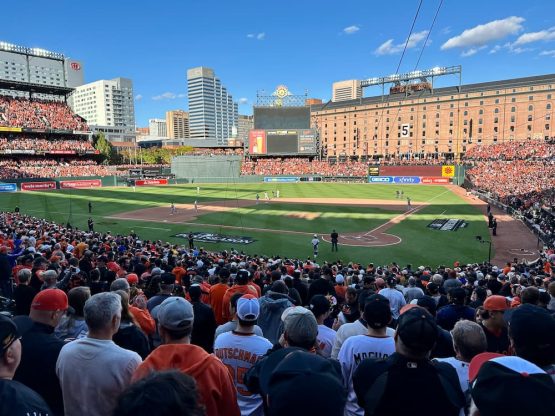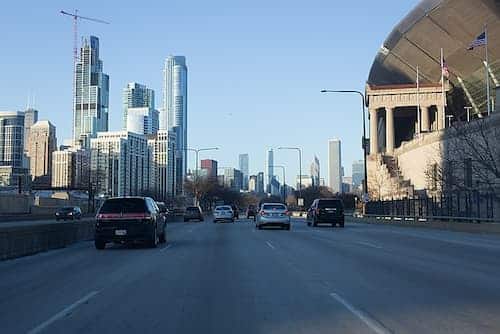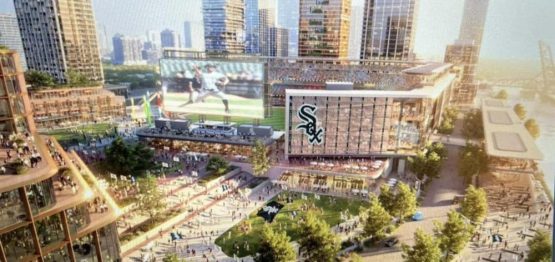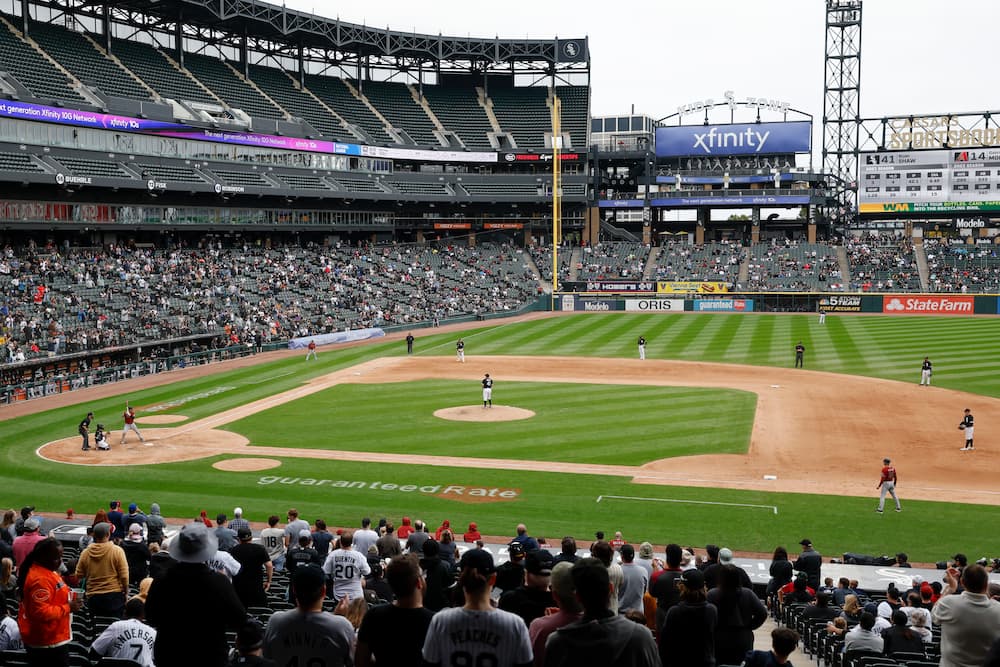The Chicago White Sox are looking to jump on the retro ballpark trend after missing out 33-years ago.
According to reports, the White Sox are exploring a move from Guaranteed Rate Field and are in discussions with the city of Chicago on how to make it happen.
Guaranteed Rate Field opened as Comiskey Park (II) in April 1991 replacing the much beloved 80-year-old ballpark of the same name. While not a cookie cutter stadium in the same vein as Veterans Stadium in Philadelphia, Shea Stadium in Queens, or Three Rivers Stadium in Pittsburgh —after all, Guaranteed Rate Field wasn’t designed to host the Chicago Bears— it bore more resemblance to those in look and feel. Built with a steep upper deck to reduce obstructed views for fans in the lower level, it moved fans further away from the action as compared to the original Comiskey Park.
Guaranteed Rate Field was the last stadium of that ilk to be built prior to the retro ballpark craze that begun in 1992 with the opening of Oriole Park at Camden Yards in Baltimore.

But the White Sox could’ve had Camden Yards and not the towering monstrosity that was ultimately built. In a lack of progressive thinking, White Sox owner Jerry Reinsdorf declined multiple designs similar to Camden Yards.
Reinsdorf now has a unique opportunity to right a wrong.
Here’s what we know about the Chicago White Sox quest for a new ballpark.
Moving to the South Loop

The White Sox have identified an area in Chicago’s South Loop known as “The 78” for a potential new ballpark. A move into the South Loop would bring the White Sox closer to the commercial and tourist center of Chicago, an idea the city is behind. According to Front Office Sports, both sides have engaged in negotiations regarding a move into the area and are on the same page.
What will the Ballpark Look Like?

Renderings for the potential ballpark have begun to surface on the internet and it shows a ballpark nestled in-between city blocks similar to its Northside neighbor. Unlike the Cubs’ Wrigley Field, the White Sox potential home will have dramatic views of the city of Chicago and sit alongside the Chicago River. The renderings have some elements of old Comiskey Park to them and their river location evoke similarities to PNC Park in Pittsburgh.
Who Will Pay for the New Ballpark?

The million billion dollar question is: who will pay for it? The city of Chicago is currently in the midst of a dance with the Chicago Bears over a potential new football stadium to replace Soldier Field. The Bears, who purchased a parcel of land in neighboring Arlington Heights, have threatened to move out of the city limits due to disputes with the city of Chicago.
Like the Bears, the White Sox quest for a new ballpark in the South Loop is going to come down to the city’s willingness to play ball. As with any facility that uses public funding, the major question becomes how will it benefit the public at large.
Perhaps there’s an opportunity for the City of Chicago and the state of Illinois to leverage the Bears and White Sox similar to the way Pennsylvania did with the Pittsburgh Pirates, Pittsburgh Steelers, Philadelphia Eagles, and Philadelphia Phillies when new stadiums for the four were built in the early 2000’s.
Add The Sports Daily to your Google News Feed!






